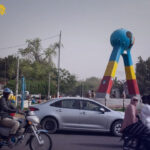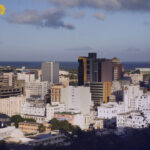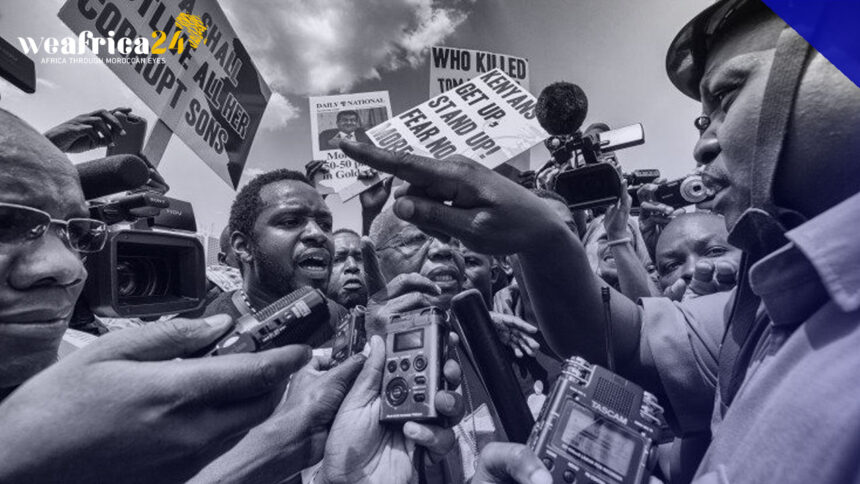One of the core tenets of every democracy is press freedom. It makes ensuring that people in authority are held accountable and that the public has access to information. Yet, several issues, such as government censorship, violence against journalists, and a lack of funding for media institutions, frequently put this freedom in danger throughout Africa.
Censorship by the government poses a serious threat to press freedom in many African nations. Governments employ several strategies, such as limiting legislation, threats, and harassment, to manage the media. This restricts journalists’ capacity to cover topics that are critical of the government and stifles public discussion on crucial issues.
Journalists in Africa frequently experience violence and intimidation in addition to government censorship. Security agencies, politicians, and other influential people frequently target them to stifle dissenting opinions. As a result, many journalists are obliged to self-censor out of fear of retaliation, which has a chilling impact on the media.
Lack of finance is another issue that African media outlets must deal with. Due to a lack of advertising revenue and government support, many media organizations struggle to remain in business. Due to this, they are unable to compete with larger, better-funded media companies by making investments in high-quality journalism.
Notwithstanding these obstacles, there are several instances of independent media organizations working for press freedom in Africa. These organizations are filled with committed journalists who are committed to giving their viewers accurate, trustworthy information. They frequently operate in great danger to their safety and rely on donations from the public and crowdfunding to stay afloat.
Several actions can be made to defend press freedom in Africa. Governments should revoke restrictive legislation and safeguard journalists’ freedom to cover vital topics. Those who use violence or intimidation against journalists should also be the subject of an investigation and prosecution.
The preservation of press freedom can involve media organizations as well. To ensure that their journalists have the abilities to report accurately and ethically, they should invest in their training and development. Also, they ought to avoid using sensational or propagandistic sources and give priority to trustworthy ones.
Last but not least, civil society organizations—including human rights organizations—can be crucial in preserving journalistic freedom in Africa. They can monitor media coverage, support journalists who are persecuted for their work, and lobby for laws that safeguard press freedom.
The freedom of the press, in sum, is a fundamental element of any democracy. Although the media in Africa faces numerous difficulties, many committed reporters and media organizations are battling for the freedom to report freely and truthfully, Governments, media outlets, and civil society can defend and advance press freedom in Africa by collaborating.







